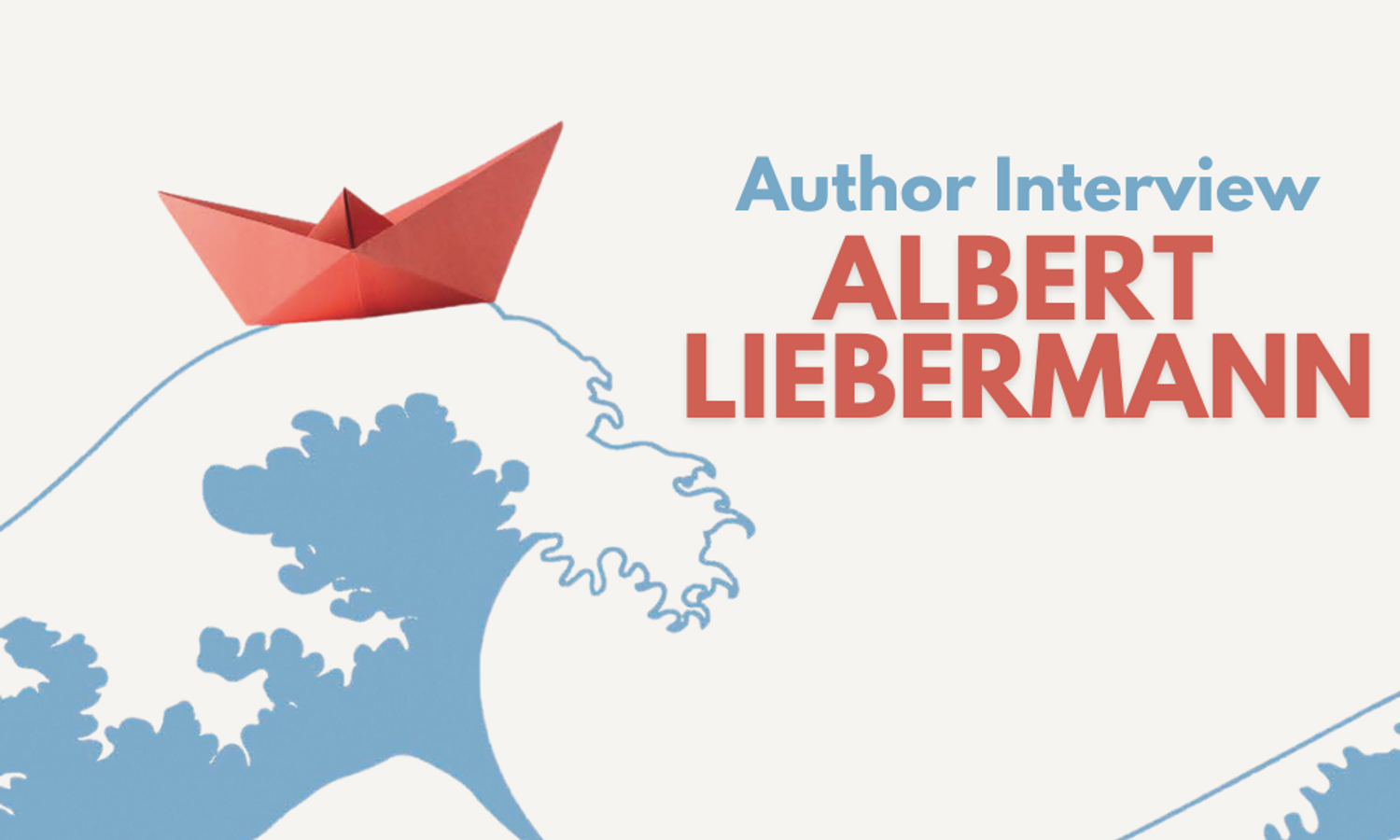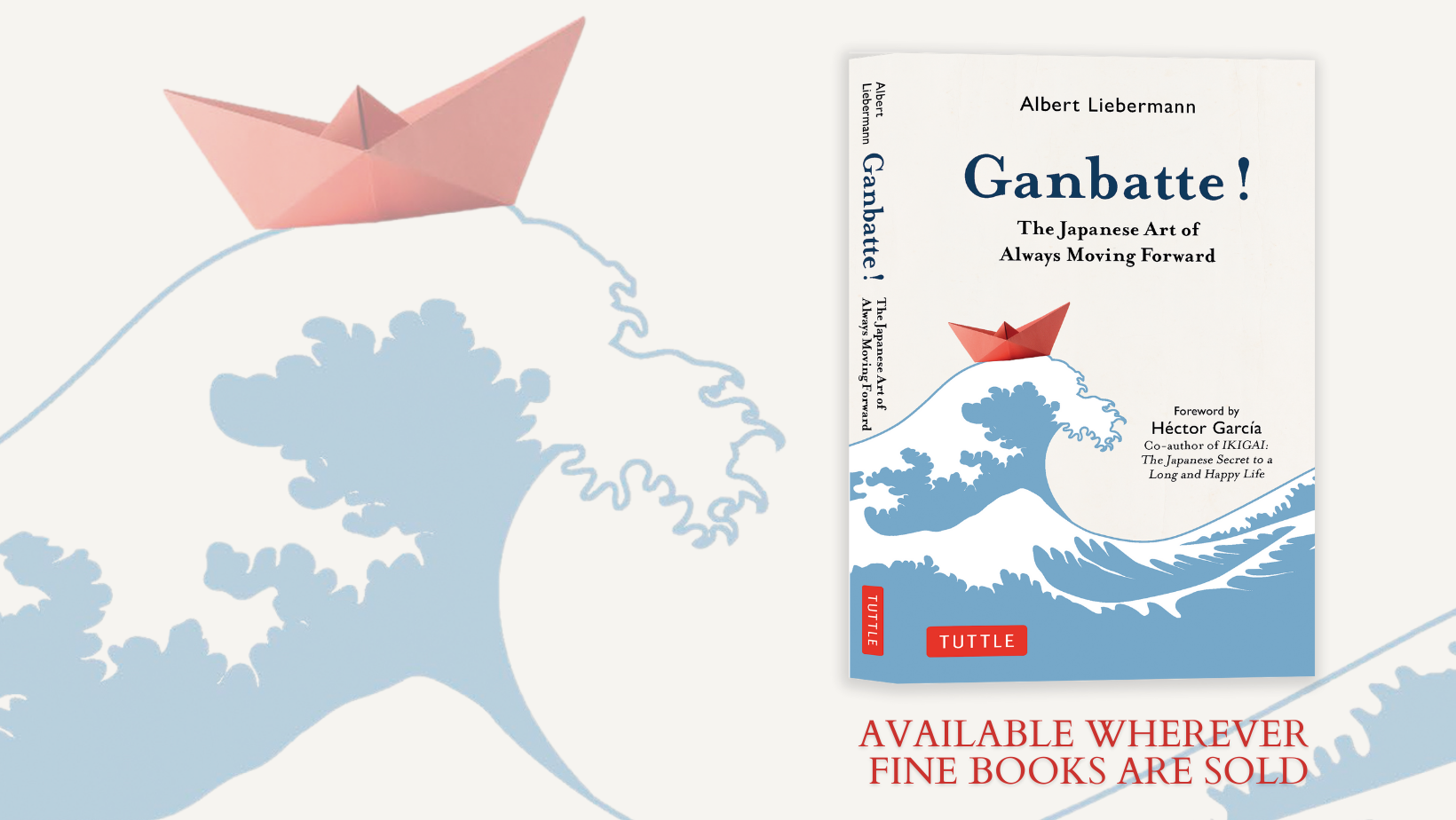Albert Liebermann is a writer and philosopher. He studied art and literature in Europe before moving to Japan, where he decided to put his musings on creativity and personal development down on paper. He enjoys playing the piano, traveling the world and hanging out with his cat.
We spoke with him about his new book Ganbatte!
Can you briefly introduce the concept of Ganbatte for readers who may be unfamiliar with the term?
Ganbatte is a Japanese expression that can be translated as "Give your best effort." It is used in situations where, in Western culture, we say "Good luck," which shows the great difference between both mentalities.
What inspired you to write this book?
The discovery of this expression, which has even been used institutionally in times of great difficulty for Japan, added to the time of great challenges that we are living through nowadays, led me to write this book.
What makes ganbaru different from the conventional notion of perseverance?
It is a perseverance whose main purpose is to give the best of oneself. It has a background of personal growth. Even if you don't achieve your goal, if you give everything you have, it is considered a success.
How has this way of life affected you personally?
The spirit of resilience of the Japanese inspires me a lot. They were able to create the “Economic Miracle” just fifteen years after the country was in ruins. The examples in this book inspire me to face my daily challenges with this same attitude.
Do you think our current age of instant gratification and distractions has made it difficult for people to adopt this mindset?
Yes, young people especially have a very low tolerance for failure. In this era of immediate results, if something does not work, it is abandoned. The lives of great personalities, some of which I comment on in this book, teach us that to succeed you have to fall—and learn—a thousand times over.
In your book, you observe how wishing someone good luck implies a reliance on external factors, whereas telling someone "Ganbatte" encourages them to rely on their own inner strength. How does the concept of ganbaru play out in situations that are truly out of our control?
I'll answer you with a quote from Viktor Frankl: “When we are no longer able to change a situation, we are challenged to change ourselves.”


